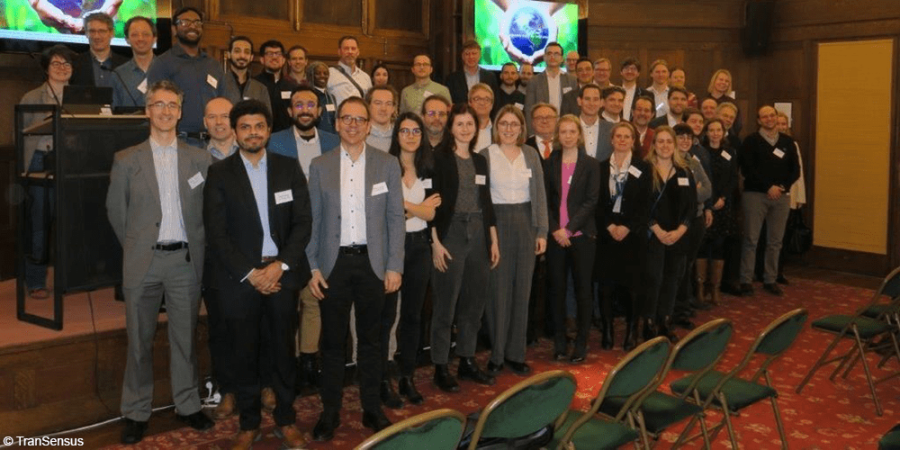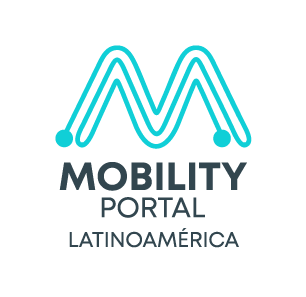The EU-funded TranSensus LCA project aims to develop the basis for a harmonised life cycle assessment approach for electric vehicles across Europe. According to the organizers, such a uniform LCA approach is a key element for achieving the goals of the Green Deal.
The project is coordinated by the Fraunhofer Institutes LBF and IST. It aims to support the transformation of the transport system towards climate neutrality by creating the basis to ensure a reliable, transparent and standardised assessment of the ecological footprint of different solutions and technologies.
The reasoning is explained thus: “Considering upcoming technologies leveraging emission reduction strategies, circular economy targets, as well as potential social issues, becomes increasingly challenging over the full life cycle of vehicles (design and development, production, use-phase and End-of-Life) and over the supply chain,” as the participating Fraunhofer institutes inform.
The TranSensus LCA consortium consists of eleven partners from industry (BMW, EDF, Northvolt, Renault, Ricardo, Scania, Sphera, ST Microelectronics, Umicore, Valeo and Volkswagen) and nine partners from research (Fraunhofer, BRGM, CEA, Uni Gent, Uni Leiden, RWTH Aachen, IVL, TU Braunschweig, Uni Bordeaux) who, according to Fraunhofer, “cover the battery and vehicle value chain as well as providing the required expertise and know-how to elaborate the framework for a single European-wide LCA approach”.
The consortium is complemented by 24 associated partners who will ensure representation of the road transport sector and strengthen coverage of the relevant value chains and life cycle stages.
Among other things, the project members will now work on conceptualising and demonstrating an LCA approach for zero-emission road transport with real-world data, harmonising methodologies, tools and datasets, and developing a framework for a Europe-wide database.
The initiative is supported by the European Commission under the Horizon Europe framework programme and had its launch event on 1 February in Brussels with around 60 people present.





















